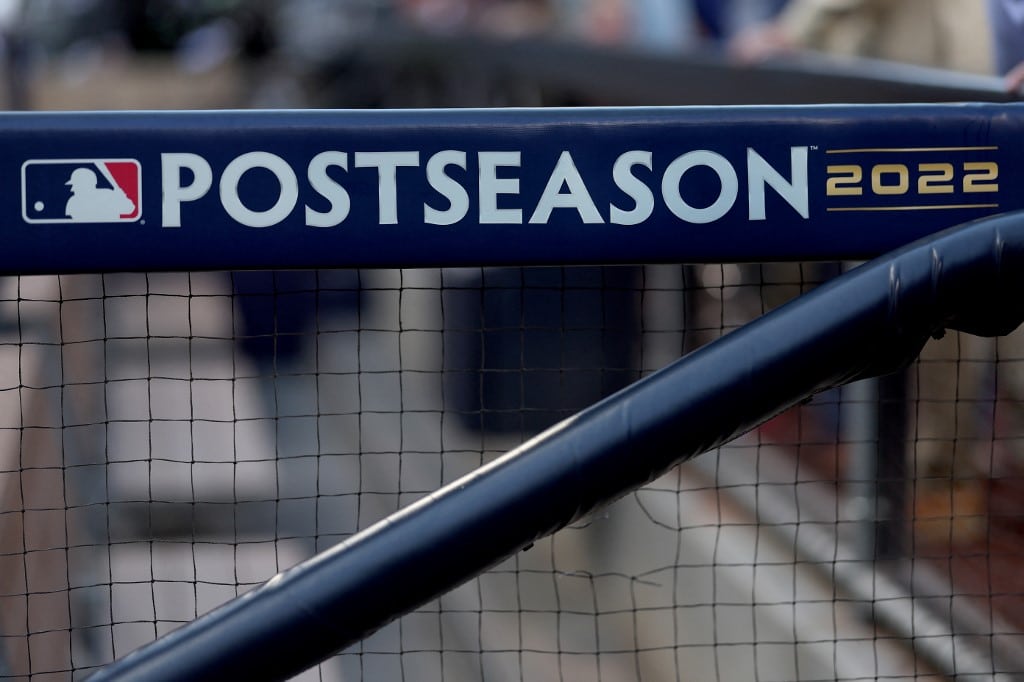The baseball postseason has in many ways turned into the NCAA basketball tournament. The unpredictability of game-by-game is hard to fathom. Then you add in series by series, where one team sweeps their opponent and the very next series with close to even MLB odds, they are swept out of the playoffs.
Besides the wild daily swings trying to predict a money line or run line favorite, totals are another area that baseball bettors are seeking an edge to find. Let’s take a few minutes to go through what you as the bettor can hone in for MLB totals in October/November.
Sticking With the Basics for Starting Pitchers
The basis of betting on any baseball game begins with the starting pitcher for each team. If a team can find three starting hurlers who fall into a groove, they will have a realistic shot at winning a World Series. When looking at totals, game by game, you want pertinent information. Don’t settle for how a starter has thrown all year, be more specific. Here is what to look for.
- Home/Road Differentials – Home and road differentials tell a story about being more comfortable at home or possibly a pitcher who is a bulldog on the road.
- Strikeouts Per Inning – Ideally you want a pitcher who fans at least one per inning because that means one less ball put in play. For pitchers that fan less than a batter an inning, you will need more research like – Barrel Rate – and – Hard Contact – which explains how the hurler allows contact. Are hitters hitting him, hard or soft?
- Hits Allowed Per Inning – If a pitcher allows more than a hit an inning, you want to dig to find how many are extra bases or home runs. If they are below 1.00 or 0.85 per inning, those are positive numbers for looking at totals that go UNDER.
- Walks Per Start – Lead off an inning with a walk, there is approximately a 50 percent chance the runner scores that inning. You definitely want a 2-to-1 or better strikeout-to-walk ratio. Anything around three walks in less than six innings lends itself to considering that pitcher for an OVER because he’s probably conceding a hit per inning or more.
- WHIP – This measures walks and hits per inning pitched. Anything below 1.20 is good and below 1.10 is excellent. A figure that shows 1.40 is problematic and 1.50 or higher means this pitcher is always in trouble even if he’s not permitting a lot of runs on average.
Next, Know the Starter’s Recent History
- Last Five Starts – This depicts where a pitcher is in current form and is a better predictor of what kind of form he is capable of.
- Last Three Starts vs. Opponent – This offers insight into the opposing teams’ actions against a starter. Though a start may have been months ago or sometimes years, if a starter has enjoyed success or felt failure, you can reasonably assume his level of confidence and that of the squad that will face his tosses.
Websites like Fangraphs can also provide you with how each pitcher has done in the basics (as mentioned above), with player info you can set by recent months and dates.
Bullpens Are So Important
With skippers often over-managing in the postseason, they are over-reliant on their bullpens, hoping any one ball-chucker can get out of a jam or go unscathed for one inning.
Before any series, look for the top four or five relievers and how they performed in their last four or five trips to the mound. Identify who is in good form or just being tattooed. If a bullpen is overworked, that could lead to more overs game by game. Conversely, if the pensters collectively get hot, they can save starters from overs or keep a low-scoring game at an under.
Consider First 5 Innings Totals Along with Full Games
If you have aces from each team squaring off or even excellent #2 starters, playing those as unders could make sense with their ability to control the opposing team two or more times through the batting order.
Understand how this wager came into existence by the sportsbooks. MLB bettors were tired of seeing starters do their job for six innings only to see relievers blow leads or turn easy Unders into stomach-aching Overs. Taking pitchers like this in an early-game role can be profitable.
Play Close Attention to Present Form of Team Runs Scored
Just as in the regular season, teams will spray hits all over the yard and fence for a week and almost seem to not get a ball out of the infield the next week. This is must-know information for totals betting in the fall.
If teams are successfully scoring runs with runners on base, that leads to more overs. Conversely, when a team goes cold, they start leaving runners in scoring positions, this can turn into Unders for the next contest or two.
One last tidbit, when totals are 7.5 or higher, the vig normally is on the under. Though it has been about a .500 outcome in the past few postseasons, it’s a winning wager to bet overs because you are getting even or plus odds compared to paying the juice on the under.










